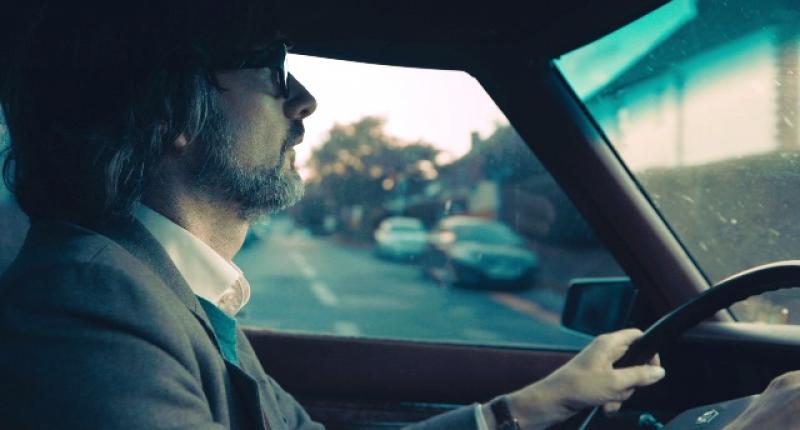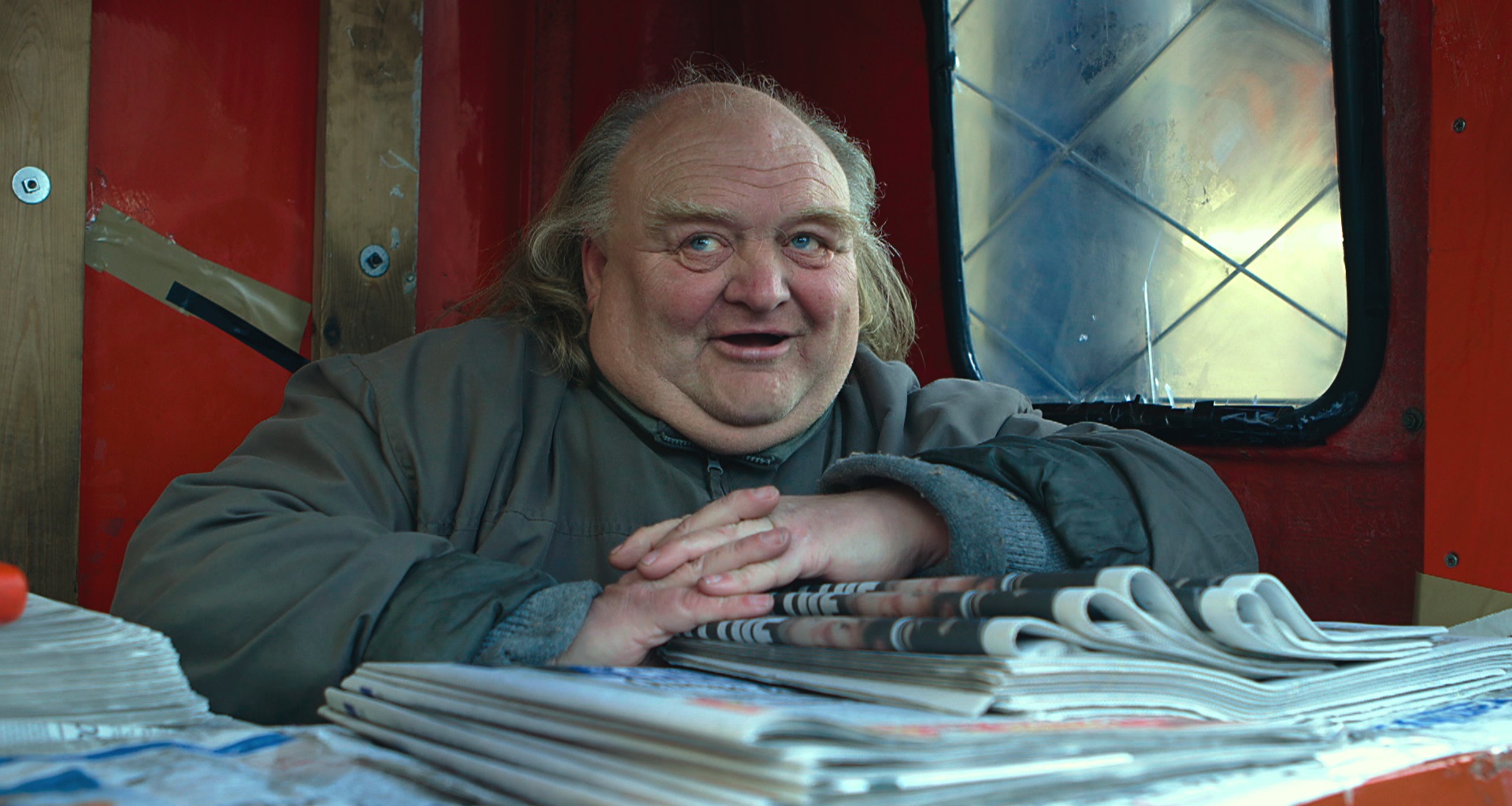Pulp: A Film About Life, Death & Supermarkets… | reviews, news & interviews
Pulp: A Film About Life, Death & Supermarkets…
Pulp: A Film About Life, Death & Supermarkets…
Understated document of Jarvis Cocker and co’s home-town farewell show

Any band’s reunion is bittersweet. They can never be what they were at their peak and know it, and yet fans hope. Recapturing past magic is tough. Hair is lost, weight is gained and aging depletes energy. With Pulp, the band never assumed formula rock personae and their reunion was always going to be more seamless with their own past than most. There was less chance that memories would be sullied.
The film documenting the band’s final bow was never going to be a routine back-slapping canter through the golden days punctuated by concert footage and regurgitated stories of old bust-ups. It couldn't be: Pulp’s leader and voice Jarvis Cocker has made films at art college, fronted television documentaries and hosted his own radio show. He is too aware of clichés and what's dull. The concept of the film is his and that of director Florian Habicht.
 Cocker began collaborating with Habicht after seeing his last film Love Story, in which real-life people’s suggestions about love lives was acted out. Those appearing in the film guided its progress. Similarly, Pulp’s home city Sheffield, its citizens and townscape, provide the skeleton for Pulp: A Film About Life, Death & Supermarkets… (pictured right: Jarvis Cocker takes to the air at the farewell concert)
Cocker began collaborating with Habicht after seeing his last film Love Story, in which real-life people’s suggestions about love lives was acted out. Those appearing in the film guided its progress. Similarly, Pulp’s home city Sheffield, its citizens and townscape, provide the skeleton for Pulp: A Film About Life, Death & Supermarkets… (pictured right: Jarvis Cocker takes to the air at the farewell concert)
Although in cinemas to coincide with the 20th anniversary of Britpop, the era is sidestepped and only Blur are mentioned in passing. Pulp: A Film About Life, Death & Supermarkets… centres on the reformed band’s farewell show at Sheffield’s 13,500-capacity Motorpoint Arena on 8 December 2012, held 10 years after they initially fizzled out. With vox pops, set-ups in the city and vocal reworkings of their songs by locals, the film ties Pulp in to the city they left in 1988.
Now and then the plan comes unstuck. Two kids (who feature in the trailer, seen overleaf) know nothing of Pulp and the forced encounter abruptly stalls the flow. Otherwise, the citizenry and acolytes engage. A mobility-impaired older lady called Josephine says Pulp’s words are better than Blur’s. Newspaper-seller Terry is dry and likeable (pictured below left). Local musician Bomar is sure Pulp cure all that ails. The revisiting of Pulp’s songs by the folk of Sheffield works well, especially an emotive café-set “Help the Aged”.
 Consideration of Pulp’s lyrics crops up with a poignant reflection on “Help the Aged” by a local librarian. But the appearance of writer Owen Hatherley and his short but portentous deconstruction of the sexual aspect of Cocker’s lyrics is another point where things come unstuck. Neither from Sheffield nor drawn there specifically for the concert, his non-spontaneous critique is a non-sequitur.
Consideration of Pulp’s lyrics crops up with a poignant reflection on “Help the Aged” by a local librarian. But the appearance of writer Owen Hatherley and his short but portentous deconstruction of the sexual aspect of Cocker’s lyrics is another point where things come unstuck. Neither from Sheffield nor drawn there specifically for the concert, his non-spontaneous critique is a non-sequitur.
Further disconnects come with the members of Pulp themselves. Interviewed individually rather than together, only drummer Nick Banks is seen engaging one-to-one with the city: Pulp’s only direct interaction with Sheffield’s residents. The closest Cocker gets is feeding ducks at a pond. Likewise, the concert footage feels clinical and struggles to capture the bond between audience and band (the single strongest aspect of Shane Meadows’s recent Stone Roses reunion film Made of Stone: the obvious comparator).
The sense of distance inherent in Pulp: A Film About Life, Death & Supermarkets… is paralleled by the observation of bassist Steve Mackey - that the highest form of praise in Sheffield is “it’s alright.” In this reading, Sheffield is an understated place. Appropriately, the film begins and ends with Cocker's concerns about his car's flat tyre rather than him gushing about the band's history or its reunion. This is hardly the typically celebratory rock doc. No doubt this is exactly what Cocker intended.
Overleaf: Watch the trailer for Pulp: A Film About Life, Death & Supermarkets…
rating
Share this article
The future of Arts Journalism
You can stop theartsdesk.com closing!
We urgently need financing to survive. Our fundraising drive has thus far raised £49,000 but we need to reach £100,000 or we will be forced to close. Please contribute here: https://gofund.me/c3f6033d
And if you can forward this information to anyone who might assist, we’d be grateful.

Subscribe to theartsdesk.com
Thank you for continuing to read our work on theartsdesk.com. For unlimited access to every article in its entirety, including our archive of more than 15,000 pieces, we're asking for £5 per month or £40 per year. We feel it's a very good deal, and hope you do too.
To take a subscription now simply click here.
And if you're looking for that extra gift for a friend or family member, why not treat them to a theartsdesk.com gift subscription?

Add comment